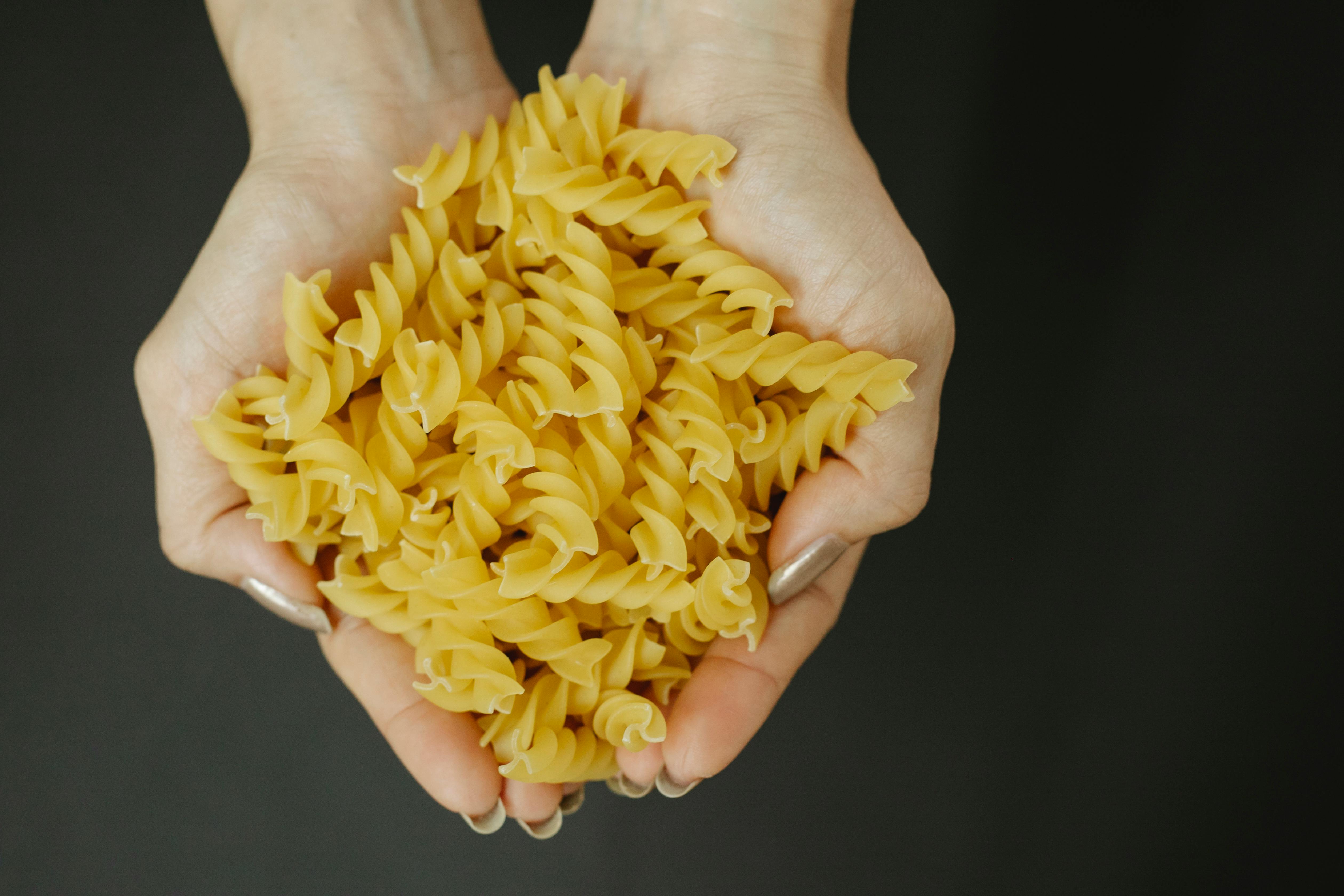Opera was invented in Florence, Italy, towards the end of the 16th century by a group of wealthy intellectuals and musicians. His goal was to reproduce the dramas of the ancient Greeks using plays and texts that already existed. Europe was in the midst of the Renaissance period and during that time, architects, musicians, and writers became fascinated with ancient cultures, particularly the Greeks. Ancient plays indicated that music was used as an accompaniment; however, no music had been recorded. The Italians of the Renaissance began to recite the works aloud and added musical notes as they recited them. This eventually caused them to start singing the text as they recited it and led to the invention of opera.
In 1607, Monteverdi invented the first opera which he titled The Favola d’Orfeo, what translated meanss The Legend of Orpheus. This opera is still performed today, more than 400 years later. Early operas emphasized the words of the dramas with the music simply playing second fiddle to the narrative during short interludes. However, as professional songwriters got involved, they added colorful and complicated choruses, dances, and songs called Arias to showcase the actor’s vocal talents.
Venice opened the first opera house in 1637 and quickly became the center of opera with the opening of 16 additional opera houses. The popularity spread through Italy and then to England, Spain, Russia, Germany, Portugal, France and the rest of Europe. The main opera centers of the 1700s were London, Naples, Paris, and Vienna. Although operas were first written in Italian, composers eventually began to write in their native languages. The most famous composers include Strauss, Tchaikovsky, Wagner, Handel, Verdi, Puccini, Monteverdi, Mozart, Berlioz, Britten, and Janacek.
Opera finally made its way to the United States in the 19th century, brought by immigrants from Europe. The Metropolitan Opera House in New York City is the most famous opera house in the United States, having opened in 1883. Despite the proliferation of modern writers and composers, the most popular operas performed around the world to date today they were written during the 18th and 19th centuries.
Opera Glossary:
Aria: Instrumental or vocal melody.
ballad opera: Dance, dialogue and song combined.
Final: The last part of the work.
Musical comedy: Songs, music and dance.
operata: A joyful opera.
Opening: Musical piece at the beginning of the opera.
Synopsis: An opera story.
Baritone: Deep male voice, usually an evil character.
Bass: Deeper male voice, usually older, wise, or funny men.
Castrato: Singer who has been castrated to preserve her childish vocal tone.
Contralto: Weird, dark female voice, usually an old woman, witch, or grandmother.
Mezzo-soprano: Second highest female voice, usually a temptress, witch, or older woman.
prima donna: Lead singer, usually the most popular singer in the play.
Soprano: Tallest female singer, usually the heroine, but can be other fun characters.
Tenor: The best male singers.
